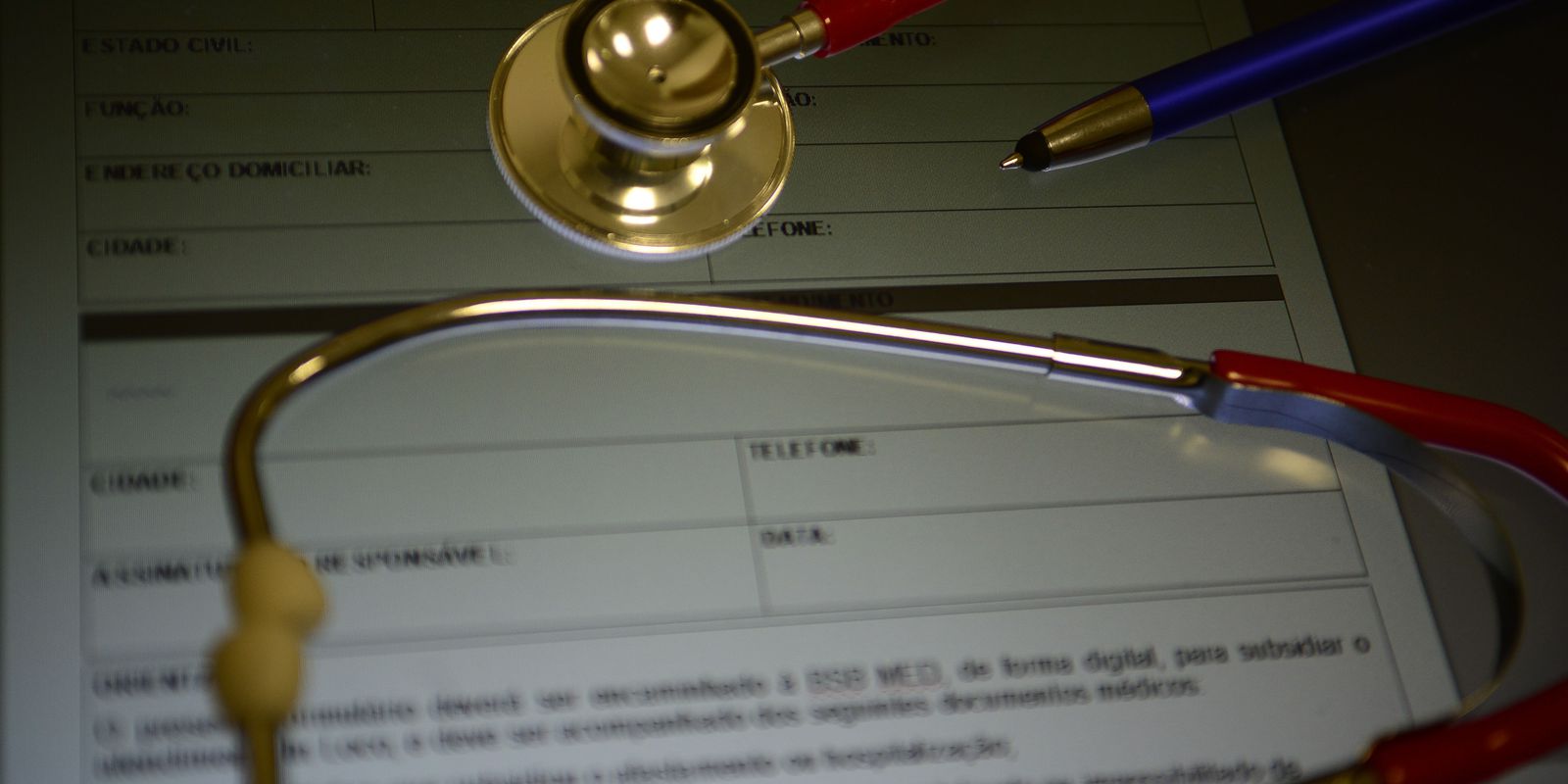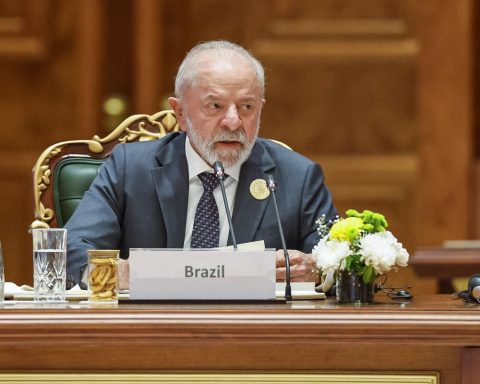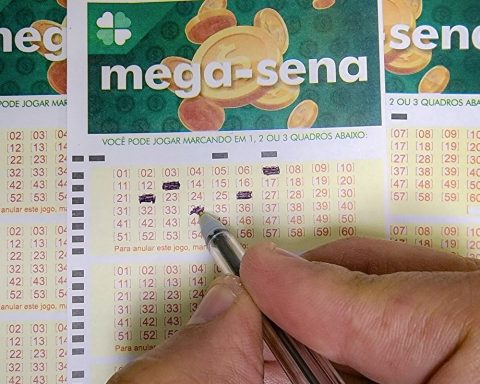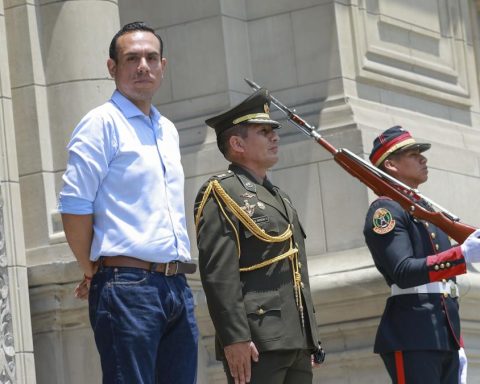The National Supplementary Health Agency (ANS) reported that the maximum percentage of readjustment to be authorized for individual or family plans is being calculated and will be released by the agency after completion of studies and manifestation of the Ministry of Economy. The regulatory agency sent the calculation of the annual readjustment index on May 10 to the folder. “There is still, therefore, a date set for the disclosure of the index”, said the ANS.
The Brazilian Association of Health Plans (Abramge) estimates that the percentage to be applied in 2022 is close to 15.8%. “In this sense, it is important to remember that health plans were the only regulated sector with a negative adjustment in 2021, of -8.19%, a direct reflection of medical-hospital expenses in 2020 lower than in 2019 due to the postponement of elective procedures , generated by social distancing at the beginning of the pandemic”, says the note.
The Ministry of Economy replied, also in a note, that it will only manifest itself when the evaluation is completed. “Still no forecast”.
According to Abramge, in 2021, expenses “a lot” exceeded those of 2020, as a result of the high hospital occupancy rate caused by two main reasons: the resumption of care postponed in the previous year and the second wave of covid-19, very bigger than the first.
“Other factors that had an impact were the global inflation of inputs (materials, equipment and medicines) and the exponential rise of the dollar, currency linked to most medical and hospital supplies used in Brazil”, adds the note.
The National Federation of Supplementary Health (FenaSaúde) projects an adjustment of 15.7%. According to the entity, the increase in various items, such as the price of medicines and medical supplies, the strong resumption of elective procedures, the impact of long-term covid-19 treatments and the incorporation of new mandatory coverage to health plans, such as medicines and procedures, directly impact the readjustment.
According to the federation, another component considered for the calculation of the readjustment – weighing 20% - is the Broad Consumer Price Index (IPCA), which is levied on costs of a nature such as administrative expenses.
“In this sense, it is worth mentioning that Brazil faces the highest general inflation in 19 years, which affects several sectors of economic activity, including the health insurance market. Even so, in the last two years, the IPCA increased from 16% and the medication readjustment, 22%, compared to 6.22% of individual health plans, if the readjustment projections for 2022 are confirmed, and considering the readjustment negative – 8.19%, in 2021”, says FenaSaúde.


















